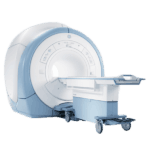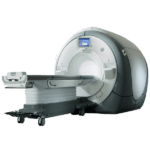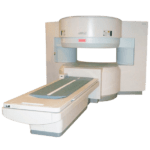In a recent study it was discovered that patients in a coma can benefit by brain scans
In a recent study in an online issue of Neurology, the medical journal of the American Academy of Neurology, it was discovered that patients in a coma can benefit by brain scans – in that the brain scans may actually be able to predict which patients will regain consciousness. The way in which the brain scans were able to do this was by looking at the areas that play a role in regulating consciousness.
For the study, 27 people that were in a coma with severe brain injuries, and 14 healthy people of the same ages, we compared. Every one of the patients had an MRI brain scan conducted. For the coma patients, the brain scans were only conducted once any sedative drugs were out of their system. Three months after their injuries, four of the coma patients had recovered consciousness, while the others remained in a minimally conscious state or a vegetative state at three months.
Whether the coma patients injury was a result of brain damage or to lack of oxygen such as cardiac arrest, the changes such as a significant disruption in the connections between brain areas and the posterior cingulated cortex, were unchanged.
Get Started
Request Pricing Today!
We’re here to help! Simply fill out the form to tell us a bit about your project. We’ll contact you to set up a conversation so we can discuss how we can best meet your needs. Thank you for considering us!
Great support & services
Save time and energy
Peace of mind
Risk reduction
The researchers discovered that the coordination of activity between the posterior cingulated cortex and medial prefrontal cortex was significantly different between those who went on to recover from their coma and the patients that remained in a minimally conscious state or vegetative state. The coordination between the two brain areas was the same for the healthy participants of the study, and those coma patients who regained consciousness.
More research will need to be done in order to use the results to guide decisions about people in comas, according to study author Stein Silva, MD, PhD, of the French National Institute in Toulouse.
“We need to do more studies with larger numbers of patients to substantiate these results, but the findings are promising,” Silva says. “We could be able to predict better who is more likely to recover from a coma and eventually develop innovative networks-based personalized treatments for people with brain injuries.”
Source: American Academy of Neurology



